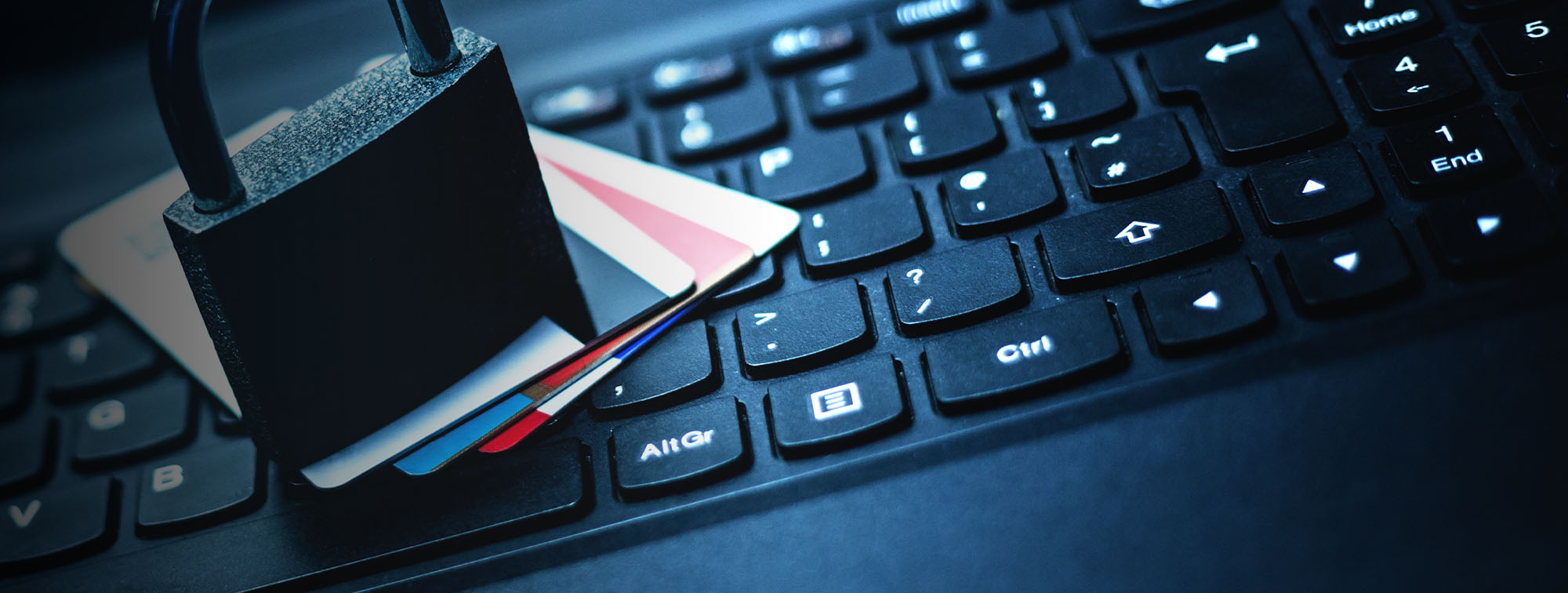

Educational Resources for Identity Theft and Fraud
The first step to protecting yourself from being a victim of identity theft and fraud is understanding what these crimes are and how to know if you are being targeted.
Identity theft occurs when someone uses another person’s personal or financial information (name, address, credit card or bank account numbers, Social Security number, or health insurance account numbers), without permission, for personal gain.
Fraud is an intentionally deceptive act that is designed to provide the perpetrator with something valuable from another person. Defrauding people of money or valuables is the most common purpose for fraud.
How does identity theft differ from fraud?
Fraud is an action that is intentionally deceptive and designed to provide the perpetrator with unlawful gain or deny a right to a victim.
What do they do with my information?
Identity thieves may use your information to:
- Buy things with your credit cards
- Get new cards in your name
- Open a phone, electricity, or gas account in your name
- Steal your tax refund
- Use your health insurance to get medical care
- Pretend to be you if they are arrested
- Commit home title fraud and steal the deed to your home
How do they get my information?
There are a number of ways identity thieves may obtain your personal information, including:
- Data Breach
- Lost/stolen purse or wallet
- Victim provides digital banking credentials
- Obtains your personal information from a third-party
- Rifles through your trash or the trash of a business (aka “Dumpster Diving”)
- Intercepts or steals your mail
- Diverts your mail by going to the post office and filling out a change of address card
- Steal debit/credit/ATM card numbers by using a special storage device when processing your card at an ATM or when making a purchase
- Sham prize scams that require you to provide personal information
- Online solicitation through social media platforms, such as Facebook, Twitter, or Instagram post offering a way to “get some fast cash” in exchange for your personal information (i.e. account number, login credentials)
- Watch over your should while you put your PIN number in at the ATM or while making a debit card purchase (aka “Shoulder Surfing”)
- Use of computers and/or phones to steal bank or debit/credit card information by sending fake messages via email, text, or phone.
- Phishing – fake message sent via email
- Smishing – fake email sent via text message
- Vishing – fake message left on voicemail
- VolP – phone calls placed over the internet that can originate and terminate from regular telephones
How do they use my personal information?
- File a tax return in your name and have it sent to their bank account, thus preventing you from being able to file.
- Call credit card companies and open new cards in your name.
- Open financial accounts and get loans in your name.
- Make loan advances on open lines of credit such as home equity loans or credit cards.
- Obtain employment by using you SSN and other personal information.
- Rent houses or apartments in your name and fail to make payments.
- Hijack your wire to a title company for a home purchase.
Common scams
- “Work-from-Home” Scams – Promises of big money for working from home. Often requires that you provide your driver’s license and bank account numbers before you can get interviewed.
- Romance/Sweetheart Scams – Scammers, both male and female, make fake dating profiles, often using photos of other people. They build relationships then begin to ask for money. Eventually they disappear usually when the victim is no longer able to send more money.
- Money Mule Scams – The scammer has a story about wanting to offer you a job, you have won a prize, wants to be in a relationship with you, etc. However, they want to send you money. They tell you to keep some for yourself, but then send the rest to someone else, typically via wire or using gift cards.
- “You’ve Won” Scams – You receive a card, a call, or an email telling you that you have won some sort of prize (i.e. lottery, vacation, sweepstakes), but in order to collect the prize you have to pay fees or taxes. You are asked for your credit card number or bank account information, or to wire the money. You never get the prize, just requests for more money.
